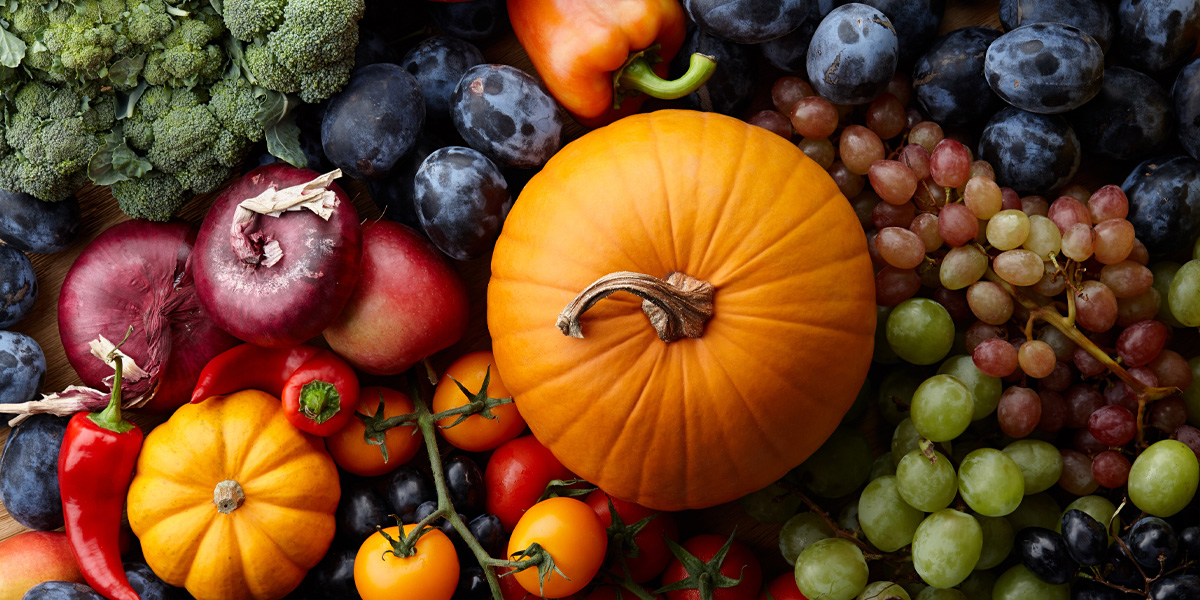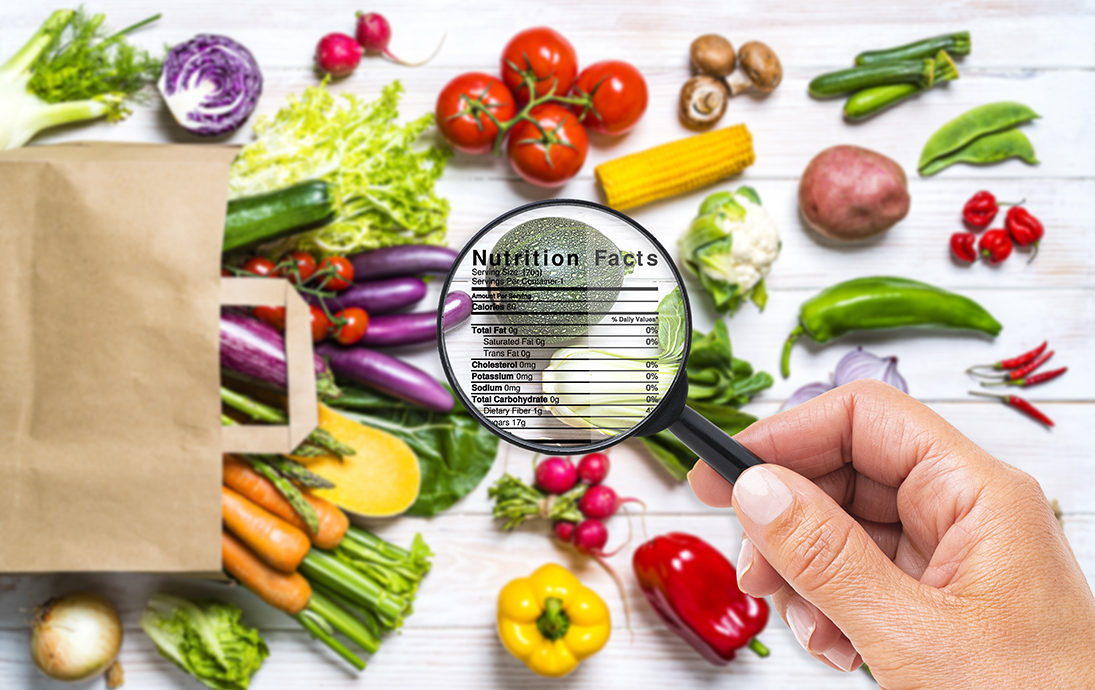
Here are some key differences to consider:
- Increased Caloric Intake: Colder temperatures can increase the body’s energy expenditure as it works to maintain body heat, leading to a potential increase in caloric needs. But beware! People tend to crave and consume more calorie dense comfort foods during the colder months, which can lead to higher calorie intake. Holidays that revolve around food also take place during winter months, and the food associated with these holidays can contain a lot of extra calories.
- Vitamin D: Reduced sunlight, with shorter days and less sun exposure, causes the body to synthesize less vitamin D. Eat foods rich in vitamin D, such as fatty fish (salmon, mackerel), fortified dairy products, and eggs, or consider supplements if suggested by your medical professional.
- Immune Support: Increasing intake of vitamin C-rich foods (citrus fruits, berries, bell peppers) can help support the immune system during the cold and flu season. Foods rich in zinc (meat, shellfish, legumes, seeds) can also boost immune function.
- Hydration: Even though the cold weather might make you feel less thirsty, maintaining adequate hydration is important. Indoor heating can lead to drier air, which can increase the need for hydration to prevent dry skin and maintain overall health. Herbal teas, broths, and water-rich fruits and vegetables can help.
What to eat?
- Pick seasonal foods such as root vegetables and squashes. These nutrient-dense foods are more readily available in fall and winter and provide essential vitamins and minerals. Some leafy greens (kale, collards, Brussels sprouts) thrive in cooler temperatures and are good sources of vitamins A, C, and K.
- Omega-3 fatty acids, found in fatty fish, flaxseeds, and walnuts, can help manage seasonal mood changes and reduce inflammation.
- Maintain your digestive health (which can be challenged by the tendency to eat more refined and processed foods during colder months) by eating enough fiber from whole grains, legumes, fruits, and vegetables. Fermented foods (yogurt, kefir, sauerkraut) are good sources of probiotics that support gut health and can boost the immune system.
Adjusting your diet to include these elements can help maintain overall health and well-being during the fall and winter months.


